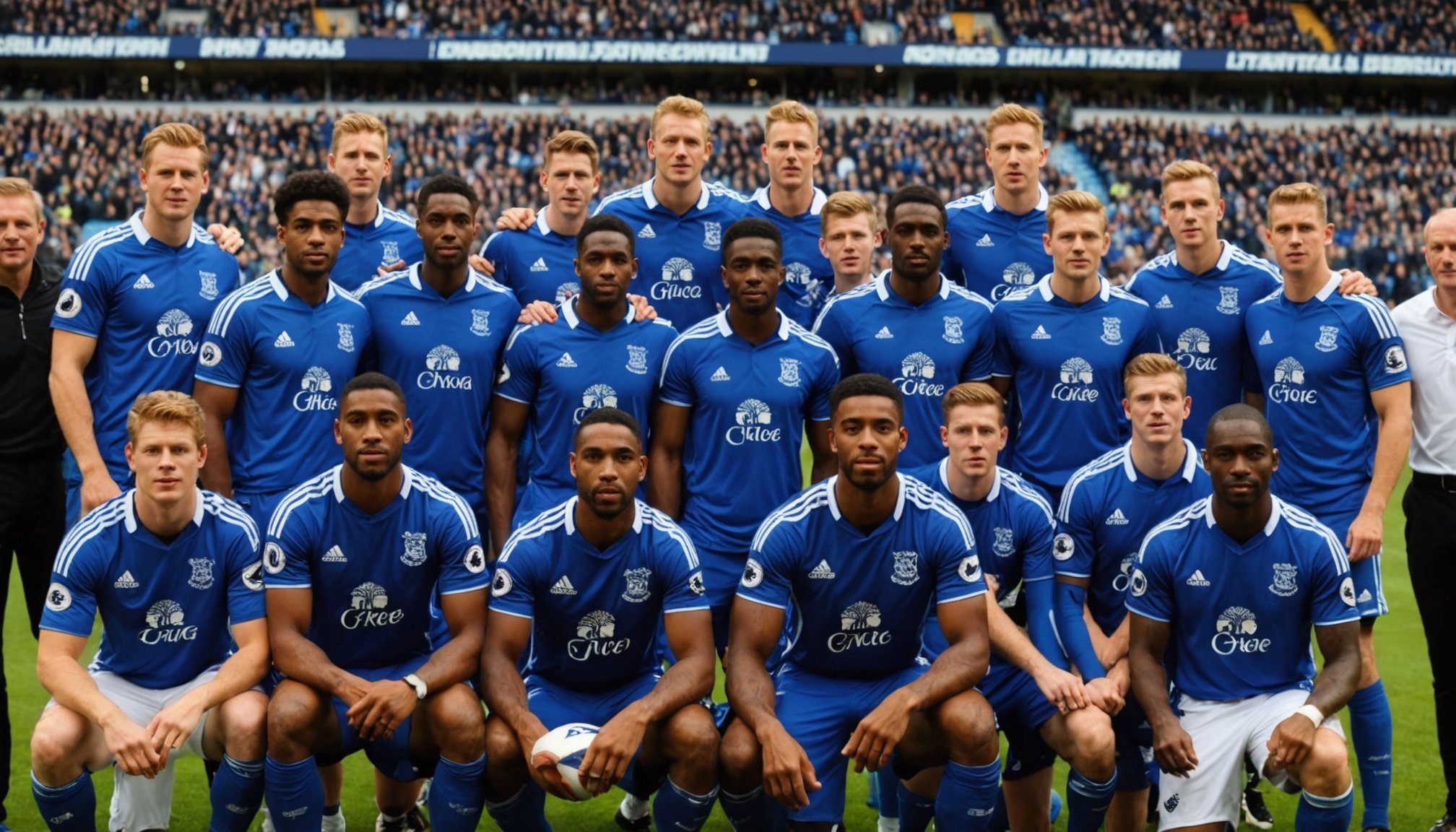Defining Diversity in UK Sports Teams
Diversity in sports within the UK refers to the inclusion of individuals from a range of backgrounds and characteristics. In UK sports teams, diversity is not limited to just ethnicity or race; it broadly covers cultural, gender, socio-economic, and even age differences.
Cultural diversity means players may come from various nationalities or speak different languages, enriching team dynamics and perspectives. Gender diversity involves ensuring equal representation and participation opportunities for all genders, which is crucial in traditionally male-dominated sports. Racial diversity highlights the presence of athletes from different ethnic backgrounds, reflecting the multicultural fabric of UK society. Socio-economic diversity acknowledges that athletes may come from varied financial circumstances, influencing access to resources and training.
Have you seen this : How Can Recent Rule Changes Impact UK Sports Performances?
Recognising these differences is vital in team settings because diversity fosters creativity, problem-solving, and improved communication. Embracing diversity in sports teams encourages a more inclusive environment and enhances performance by bringing unique viewpoints together. It also helps break down stereotypes and promotes fairness both on and off the field. Understanding and valuing these diverse attributes is foundational to building stronger, more cohesive UK sports teams.
Enhanced Team Performance through Diversity
Diverse teams consistently show improved team performance by bringing together varied perspectives, experiences, and skills. In the context of UK sports performance, this diversity translates into stronger strategic decisions and dynamic gameplay. When team members come from different backgrounds, their unique viewpoints lead to innovative tactics, better problem-solving, and heightened adaptability on the field.
This might interest you : How Will Recent Developments in UK Sports Impact Future Generations?
For example, UK football teams with a mix of cultural and playing experiences exhibit more creative attacking movements and effective defensive coordination. Similarly, rugby squads benefit from diversity in playing styles, which helps them tailor strategies to different opponents. Cricket teams in the UK also gain from players who bring diverse approaches to batting or bowling, enhancing overall team resilience and versatility.
In these cases, diverse teams achieve superior team performance by combining individual strengths into a cohesive unit. The ability to view challenges through multiple lenses often results in tactical advantages and improved match outcomes. Diversity in UK sports not only fosters inclusivity but also directly contributes to winning results, demonstrating the substantial benefits of embracing differences in competitive environments.
Innovation and Creative Problem-Solving
Innovation thrives in sports environments where diverse thinking is actively embraced. Teams that bring together players and staff from varied cultural and experiential backgrounds consistently demonstrate enhanced creativity in their strategies. This diversity sparks fresh perspectives, essential for overcoming complex challenges and adapting to fast-changing game dynamics.
In UK sports, numerous instances highlight how a blend of backgrounds fuels innovation. For example, some football clubs have developed unconventional formations by combining tactical approaches from different countries. These creative tactics often confuse opponents unprepared for such novel playstyles. Moreover, teams that foster open communication among players with distinct experiences encourage the exchange of ideas, resulting in more dynamic game plans.
Coaches and sports analysts emphasize the importance of this diversity-driven creativity. They observe that sports teamwork flourishes when each member’s unique viewpoint is valued, leading to solutions that might not emerge in homogenous groups. One key insight is that innovation is not just about individual brilliance but about cultivating an environment where collective problem-solving is prioritized.
By integrating diverse thinking, sports teams not only improve performance but also inspire ongoing innovation that keeps tactics evolving and competitive edges sharp.
Improved Team Cohesion and Development
Creating team cohesion is fundamental in sports, especially within diverse groups. Diversity promotes mutual respect by exposing players to varied perspectives, fueling greater understanding and empathy among teammates. This dynamic environment encourages social inclusion, where every player feels valued, regardless of background.
Athletes experiencing diverse teams often report enhanced player development—not just in skills, but in interpersonal growth. A British athlete emphasized, “Working alongside teammates from different cultures broadened my outlook and improved how I communicate on and off the field.” This illustrates how diversity fosters stronger relationships, breaking down cultural barriers and building trust.
Beyond mere tolerance, inclusive teams cultivate a sense of belonging, which research shows directly correlates with increased motivation and cooperation. Strong communication channels emerge naturally when players engage openly and support one another, driving both individual and team progress.
By championing diversity, sports organizations harness a powerful tool to advance social inclusion. This creates a nurturing environment where athletes develop holistically—socially, emotionally, and athletically—highlighting the profound role of diverse teams in shaping effective, united squads.
Expanding Fan Bases and Community Engagement
Diverse teams naturally boost fan engagement by reflecting the communities they represent. When sports audiences see players from varied backgrounds, it creates a stronger connection, making fans feel truly represented. This sense of representation in sports motivates more people to support their teams passionately.
In the UK, many clubs have experienced expanded support by embracing diversity in their rosters. These diverse teams not only attract a wider range of fans but also retain them through inclusive community initiatives. For example, clubs reaching out to different cultural groups have seen notable increases in attendance and social media interaction.
Representation goes beyond the field; it fosters belonging and pride, turning casual viewers into loyal supporters. When athletes serve as relatable role models, sports audiences become more engaged and invested. This growing connection between teams and fans helps build thriving and diverse sports communities.
Promoting Social Harmony and Setting Positive Examples
Sports teams play a crucial role in fostering social harmony by exemplifying equality and inclusion. When teams embrace diversity, they become visible role models for societal integration, demonstrating how different backgrounds can unite toward a common goal. In the UK, this dynamic powerfully supports the country’s broader commitment to inclusivity.
By showcasing collaboration among players from multiple cultures, sports teams challenge stereotypes and reduce prejudice. They encourage acceptance by proving that success stems from valuing diverse perspectives rather than dividing communities. These positive examples often extend beyond the playing field, inspiring fans and local communities to reflect the same values.
UK sporting bodies consistently highlight how embracing diversity enriches not only the sport but society as a whole. Their statements underscore the belief that promoting social harmony through sport links directly to greater equality across the UK. This creates an environment where everyone has the opportunity to participate, belong, and thrive.
Together, diverse sports teams act as living proof that inclusivity is achievable and beneficial. Their influence helps foster a more cohesive society, where respect and understanding are celebrated facets of daily life rather than exceptions.








